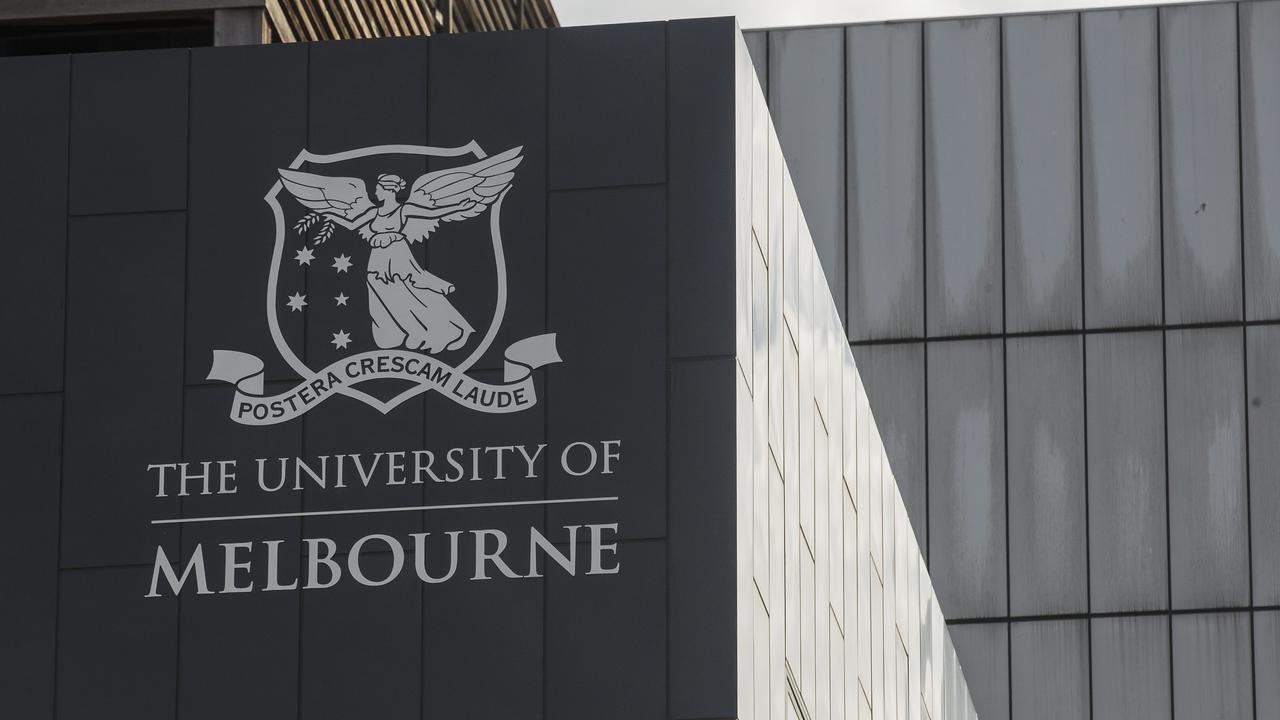A note of caution on the Universities Accord’s approach to research policy

Others will comment on the merits or otherwise of the 47 recommendations as they relate to critical questions around student support, institutional arrangements and the vital challenge of aligning pathways and access between schools, higher education and skills needs – and the funding thereof.
Inevitably these will evolve in consultation with the stakeholders before they are rolled out, and some may not make it at all, but the final report gives us all a firm foundation for the comprehensive reform that Australia needs for the decades to come.
For each of the recommendations, it will be important to test whether they will add to the overall vision of the accord, or instead delay or complicate implementation.
The proposed establishment of an Australian Tertiary Education Commission is perhaps the most urgent consultation needed, as this is prism through which many other proposals will be assessed (both positively and negatively).
The design of a commission (or equivalent agency) should centre on the dividends the new body will yield: deeper policy expertise; sector-wide field of vision; stability; and longevity. It needs to be responsive to emerging needs while being resistant to the vagaries of political change over decades.
The rationale for the inclusion of the regulator, the Tertiary Education Quality and Standards Agency (already a commission), and the Australian Research Council (already a statutory agency) within the ATEC structure is less well argued than other aspects of the report. The model appears to be a mechanism for co-ordinating policy between the new agency, TEQSA and the ARC. This is both unnecessary and over-engineered.
Co-ordination within a minister’s portfolio is, in my experience, much easier to achieve than co-ordination either across portfolios (which is needed for research) or with the states and territories (needed for many other reforms).
That co-ordination, as well as more mundane but crucial matters such as budget submissions, is an area where agency heads must rely on and work with an effective portfolio minister’s department.
While the ARC is fundamental for university research, it is only one component of a complex research ecosystem that involves universities engaging with many different government agencies and different sectors.
So I question whether co-ordination within the higher education sector is the most urgent problem to solve; and I also suggest it could be addressed in more effective and less disruptive ways without the additional challenges of trying to incorporate the ARC governance into a commission.
The ARC Amendment Bill now before the Senate strengthens the research attributes of the ARC chief executive along with the governance and research background of the part-time chair of the ARC board.
Neither role as envisaged fits easily into being a commissioner in the new body.
For these and many other reasons the ARC review itself considered, but decided not to recommend, a commission as the best way to progress ARC reform.
Historically, the strength of the ARC has been deep engagement with the expertise, concerns and priorities of leading academics and their disciplines, and with other funding agencies within Australia and internationally.
In contrast the proposed commission would necessarily engage universities and stakeholders at a system level with priorities that may compete with research funding. I am concerned the proposed structure would both diminish the strength of advocacy of the ARC and add needless complexity with more layers and legislation to go with it.
A critical issue raised in the excellent research chapter of the accord report – the whole-of-government co-ordination of science and research effort – is not addressed by the structure of the proposed ATEC (whatever its final form).
To achieve that goal we need not only a comprehensive review (Recommendation 24) but arguably a new mechanism that addresses and strengthens cross-portfolio co-ordination without the need for structural reform.
For example, a ministerial research council could be convened that comprises the ministers with responsibility for significant science and research activities – education, science, health, defence, industry, environment, agriculture, energy and climate change, and foreign affairs.
It would be supported by a standing inter-agency committee of their secretaries and the relevant agency heads within those portfolios – for example, the ARC, the National Health and Medical Research Council, the CSIRO, the Australian Institute of Marine Science, the Defence Science and Technology Group, the Australian Antarctic Division, et cetera – and an advisory group of representative peak bodies such as the learned academies, Universities Australia, Science and Technology Australia, Co-operative Research Australia, and so on.
There are precedents such as the Council for International Education and earlier versions of the Prime Minister’s Science, Engineering and Innovation Council that can demonstrate the effectiveness of such bodies when officials work together on complex cross-portfolio issues.
The accord report is an important first step in a series of reforms which, if done well, will equip and support the government and all the various stakeholders to deliver a stronger higher education sector for our students, staff and the Australian community.
Margaret Sheil is vice-chancellor of Queensland University of Technology. She led the recent review of the Australian Research Council and was chief executive of the ARC from 2007 to 2012.



The Universities Accord final reportdelivered by Professor Mary O’Kane and her panel is an impressive piece of work. The dauntingly broad and deep terms of reference tasked the panel with reforming an unavoidably complex system that has laboured too long under the legacy of decades of patches, short-term fixes and contradictory policy imperatives.